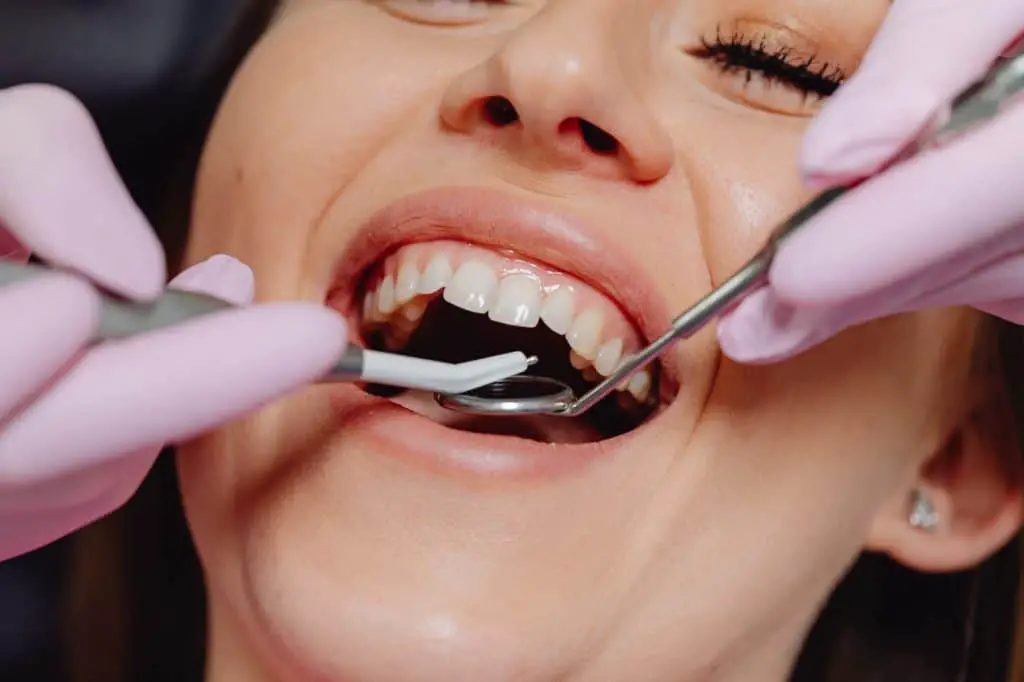The Truth About Chewing Gum During Exams: It Really Helps?
One of the most common questions students have during exams is whether or not chewing gum can help them focus and do better. The answer, unfortunately, is that there is no clear consensus. Some people swear by it, while others find it does more harm than good. There are some promising research results. Ultimately, it comes down to personal preference and what works for you.
Does chewing gum while studying and taking a test help?
Chewing gum is a typical classroom distraction, but is it beneficial when studying for tests and exams? Research shows that chewing gum releases endorphins in the brain. These feel-good chemicals make you feel good and may help you learn better. But no evidence chewing gum improves performance on standardized tests.
Some research suggests that chewing gum can have the opposite effect, causing people to have less concentration. If you need to chew gum, keep it away from your mouth, so it doesn’t interfere with your studies.
If you tend to get distracted by thoughts of chewing gum anyway, try keeping a piece of gum at your desk.
Can You chew gum during exams?
Exam season is in full swing, and the stress of final exams can take a toll on even the most well-prepared students. While there’s no denying that crunch time can be stressful, there may be more to the story than some belief.
It turns out that chewing gum isn’t distracting, but it can be bad for your oral health. However, you can still do it if you practice good oral hygiene.

it’s down to the education test center to set those kinds of rules about gum in the exams but in most exams, you are allowed to have snacks on your desk while taking the exam, including gum.
Effect of Regular Gum Chewing on Levels of Anxiety, Mood, and overall stress
While there is no concrete evidence that chewing gum improves academic performance, it is often believed to help people focus and relieve stress. But is this belief founded on fact? A new study looked at the effect of regular gum chewing on mood and anxiety in response to stressful events to answer this question.
The study found that people who chewed gum regularly were less likely to experience anxiety and mood swings in response to stressful events. In fact, they were even found to have increased levels of happiness and well-being.
If you chew gum while you’re studying and chew it while taking an exam, does it help
While many students like to chew gum while studying, doing so during exams has long been taboo. However, a new study suggests that students should be more open to the idea of chewing gum during exams.
The study, which analyzed the results of over 60,000 students from universities in the U.S., found that those who chewed gum during exams scored higher on average than those who didn’t.
Does this mean you should start chewing gum while taking your tests? Not quite. While the study did find that those who chewed gum tended to score higher on their exams, it also found that those who chewed gum scored higher on all of their exams, not just their exam when they chewed gum.
So, whether you decide to chew gum or not depends on what you’re studying. If you’re studying for a specific test, it might help, but if you’re studying for school in general, it might not be as helpful.
How long should you study? Most people tend to overestimate how much they need to study and underestimate how much time is actually required to absorb the material.
Is it beneficial to chew gum during exams?
One of the most common study aids is chewing gum. Some people chew gum to help them concentrate, while others find it helps them unwind. Still, others believe that chewing gum makes them more alert. But do these benefits outweigh the downsides?

The benefits of chewing gum during exams.
There’s nothing quite like a stick of chewing gum for a time-tested method of boosting your brainpower. Whether you’re studying or cramming for an exam, chewing a piece of gum can help you stay focused for more extended periods and put you in a better mood. However, does this practice work?
- Chewing gum can help improve alertness and concentration.
- Chewing gum can help reduce stress and anxiety.
- Chewing gum can help increase blood flow to the brain.
- Chewing gum can help reduce hunger pangs.
- Chewing gum can help freshen your breath.
How does chewing gum help you remember what you studied?
According to a study published in the journal Applied Cognitive Psychology, chewing gum helps people remember information more effectively during tests. The researchers found that people who chewed gum could better remember information when repeated to them orally. In addition, they were better able to remember the information the next day. However, when the researchers tested people’s memories without any added stimulus (such as chewing gum), people could remember information about the topic for a shorter period of time.
The science behind why chewing gum helps you focus.
At its core, studying is all about learning how to pay attention. But it’s not always easy to stay focused during a test or lecture. That’s where chewing gum comes in, a little distraction can be a good thing. According to research, chewing gum can help you concentrate by feeling more excited and motivated to study. The critical ingredient in gum is sugar, which triggers the release of dopamine, a neurotransmitter that makes you feel good. This can help you stay focused and boost your motivation for studying.
The downside of chewing gum during exams.
Many students believe that chewing gum is a study hack, but is it effective? Chewing gum during tests can distract you from your work and make you less productive. Even worse, it can cause you to unconsciously stick out your jaw, which can negatively affect how you hold your mouth in poses during photographs. If you must chew gum, try to do so when you aren’t interrupted, like during breaks or after the test.
Here are the downsides of chewing gum during exams:
- Chewing gum can be distracting and make it difficult to focus on the exam.
- Chewing gum can make it difficult to hear the exam proctor or understand instructions.
- Chewing gum can be messy and make it difficult to track where you are in the exam.
- Chewing gum can cause jaw pain or discomfort after extended periods of time.
- Chewing gum can make it difficult to concentrate on the exam material.
The best types of gum to chew during exams.
The jury is still out on whether or not chewing gum during exams helps improve performance. Some studies suggest that it can help improve focus and concentration, while others find no difference in test scores between those who chew gum and those who don’t. However, if you’re going to chew gum during exams, experts recommend choosing a sugar-free variety to avoid a sugar crash midway through the test.
Sugarless gum is the best choice for exams as it prevents tooth decay, keeps your breath fresh, and helps avoid a sugar crash.


